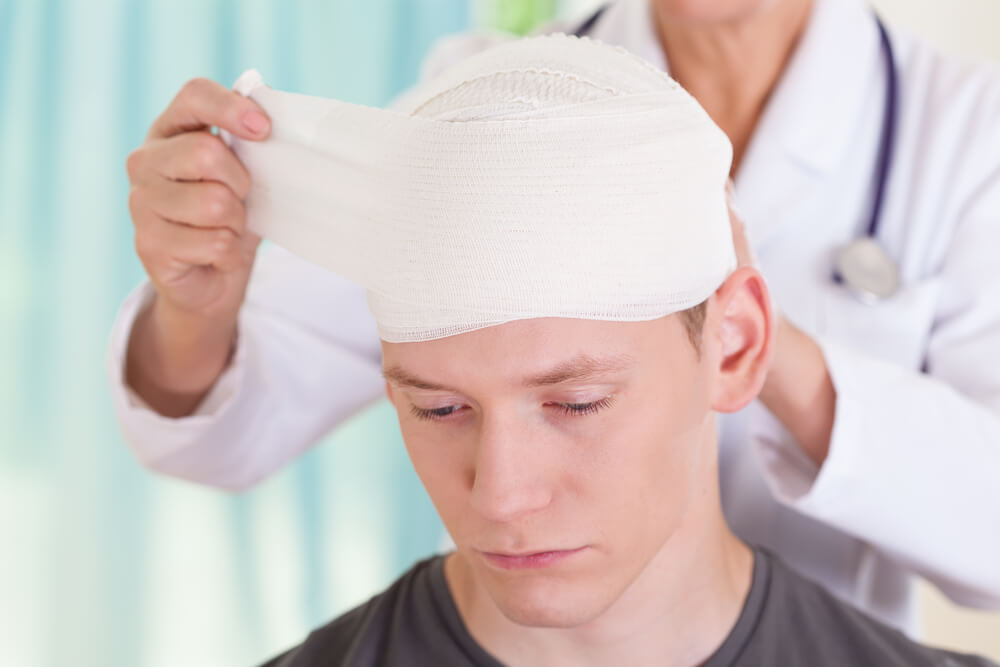DIAGNOSIS
One of the first ways your doctor will assess your head injury is with the Glasgow Coma Scale (GCS).
Your doctor will examine you to look for signs of trauma, including bruising and swelling. You’re also likely to get a neurological examination.
Imaging tests are commonly used to diagnose head injuries. A CT scan or MRI scan is being used.
TREATMENT
The treatment for head injuries depends on both the type and the severity of the injury. If you’ve had a severe brain injury, you may be given anti-seizure medication. You may be given diuretics if your injury has caused pressure buildup in your brain. If your injury is very serious, you may be given medication to put you in an induced coma.
Surgery. Your doctor may need to operate to:
- remove a hematoma
- repair your skull
- release some of the pressure in your skull
Rehabilitation. If you’ve had a serious brain injury, you’ll most likely need rehabilitation to regain full brain function. The type of rehabilitation you get will depend on what functionality you’ve lost as a result of your injury.


